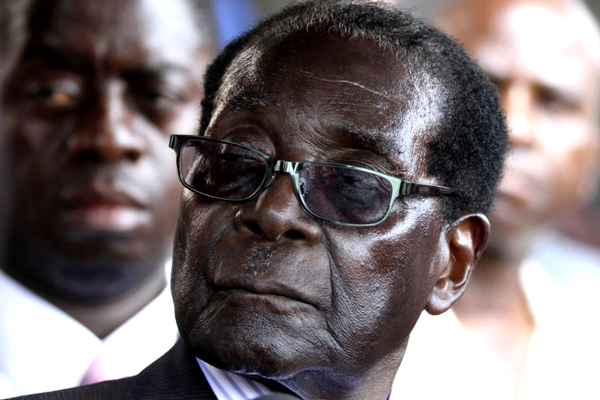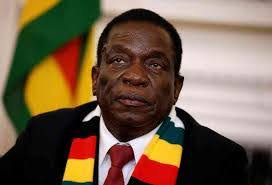
A LOCAL human rights activist has filed a Constitutional Court application challenging President Robert Mugabe’s powers used to gazette Statutory Instrument (SI) 117/2017, which seeks to amend the Electoral Act.
BY CHARLES LAITON
Mfundo Mlilo argued that Mugabe had no authority to usurp the power of Parliament or make a law that overrides the existing laws. The application came after Mugabe, on September 15, 2017, published a Government Gazette Extraordinary Volume XCV Number 61, under the Presidential Powers (Temporary Measures) Amendment of the Electoral Act Regulations as SI117/2017.
Mlilo, through his lawyer Tendai Biti, said the use of Presidential Powers to amend the Constitution and override the role of Parliament willy-nilly was illegal.
“Surely this cannot be acceptable and in any event, this clearly is in breach of the Constitution of Zimbabwe. For purposes of this case, it is disheartening that the President has, in fact, amended an Act of Parliament, namely the Reserve Bank Act. Surely, that on its own is a breach of Section 134 of the Constitution,” he said.
“In any event, the President, acting in terms of the Act or any other law, does not have the power to override Parliament through a parliamentary amendment or the making of a law that overrides existing law . . . Accordingly to the extent that the respondent (Mugabe) has purported to make a law, being the Presidential Powers (Temporary Measures) (Amendment of Electoral Act) Regulations, we seek that the same be declared null and void and of no force and effect.”
In the alternative, Mlilo said he was also urging the court to declare: “That Section 2 (2) of the (Temporary Measures) Act (Chapter 10:20) is null and void and of no force and effect to the extent that it permits the making of a Statutory Instrument that amends the Acts of Parliament.”
Mlilo further said even if it could be said that Parliament could delegate power, a point in respect of which he strenuously denied, he argued that the aspect of lawmaking could never have been delegated.
- Chamisa under fire over US$120K donation
- Mavhunga puts DeMbare into Chibuku quarterfinals
- Pension funds bet on Cabora Bassa oilfields
- Councils defy govt fire tender directive
Keep Reading
“Indeed, while Section 134 allows statutory instruments to be made, quite clearly, the intention was never to allow that delegated legislation could have the effect of altering an Act of Parliament. Section 5 also has far-reaching impact. What this means is that the President has sweeping powers to make laws that are above even laws that have been made by Parliament,” he said.
The activist also said, besides, the bulk of the amendments made by Mugabe relate to procedural administrative issues that may not have required an amendment.
“If they do require an amendment, they require legislation; the same can easily be dealt with in terms of regulations issued by the Zimbabwe Election Authority,” Mlilo said.
“Indeed I make the point that the amendments sought to be imposed on Section 24 and Section 25 of the Act could easily have been dealt with by another law, namely regulations made by the Zimbabwe Electoral Commission.”











